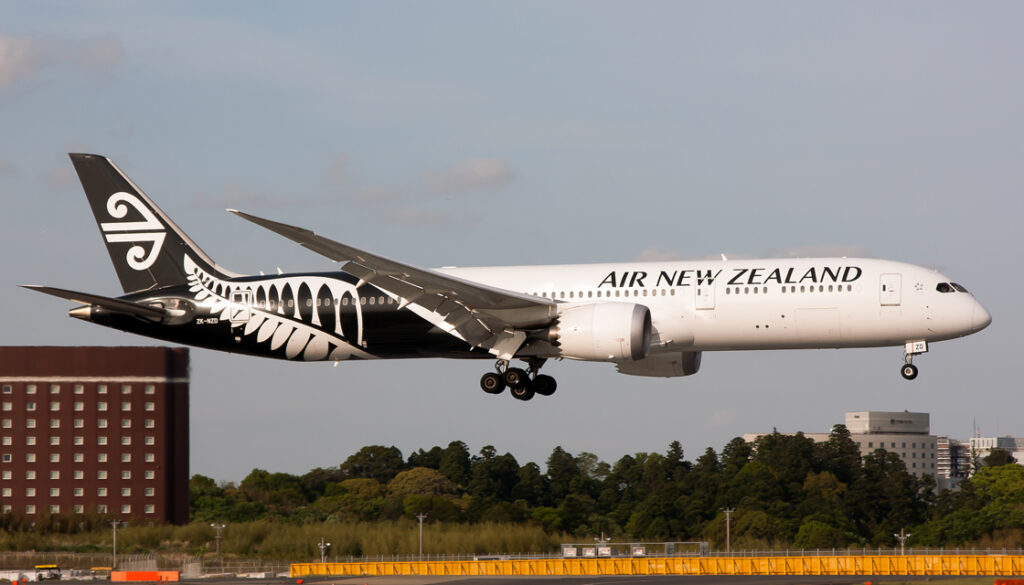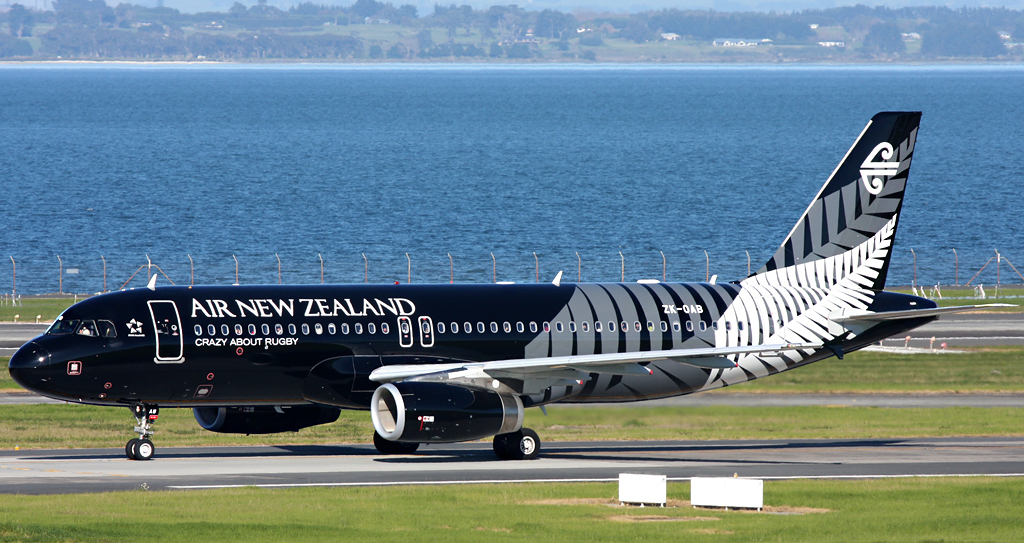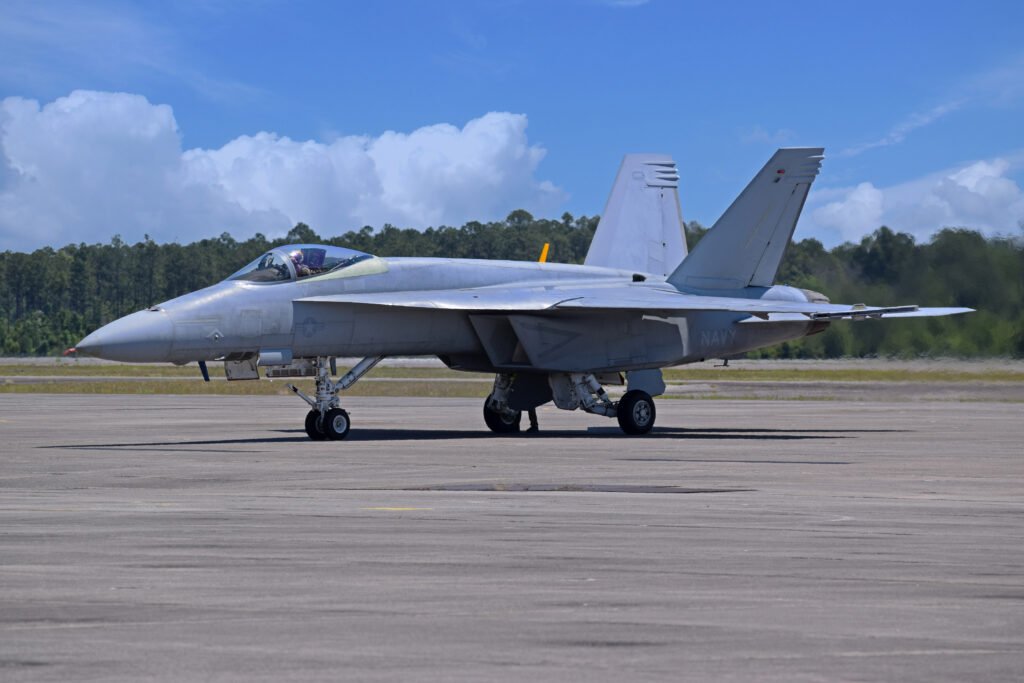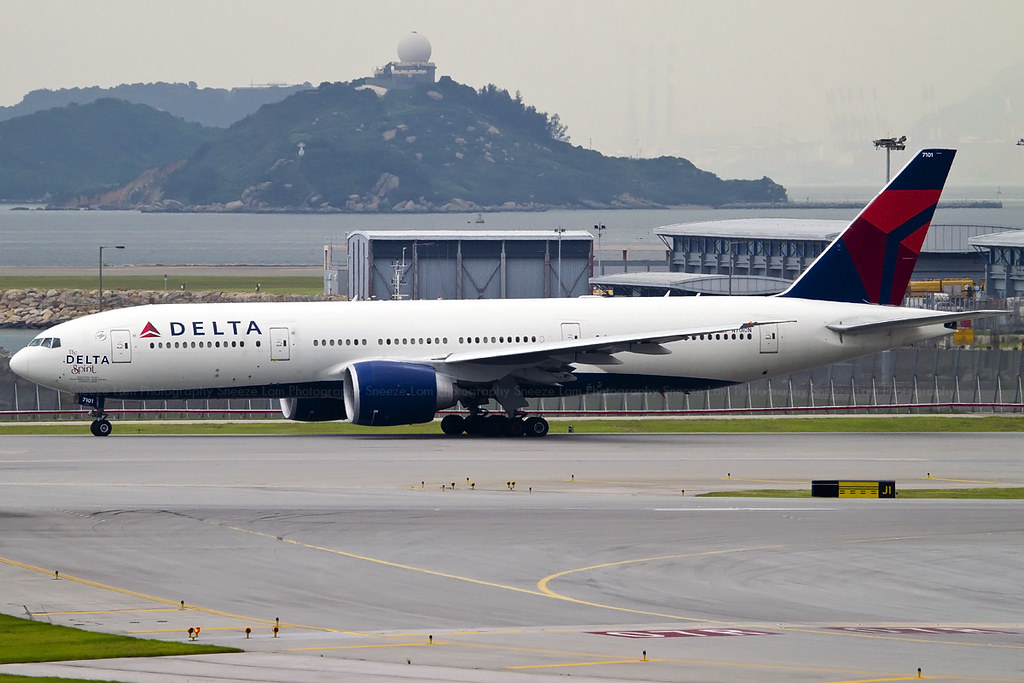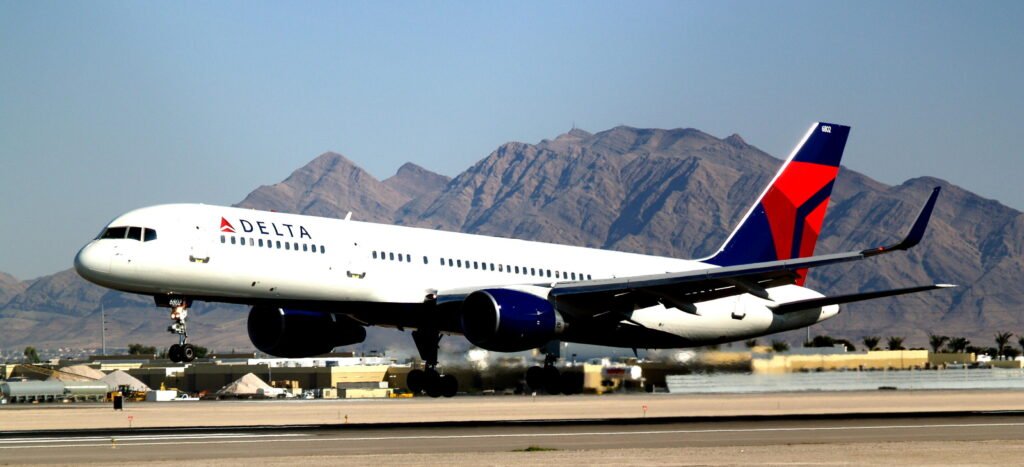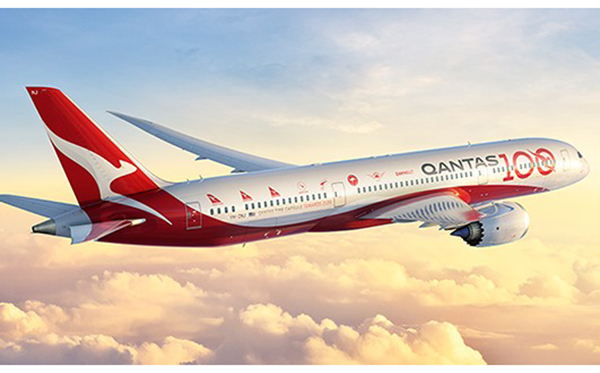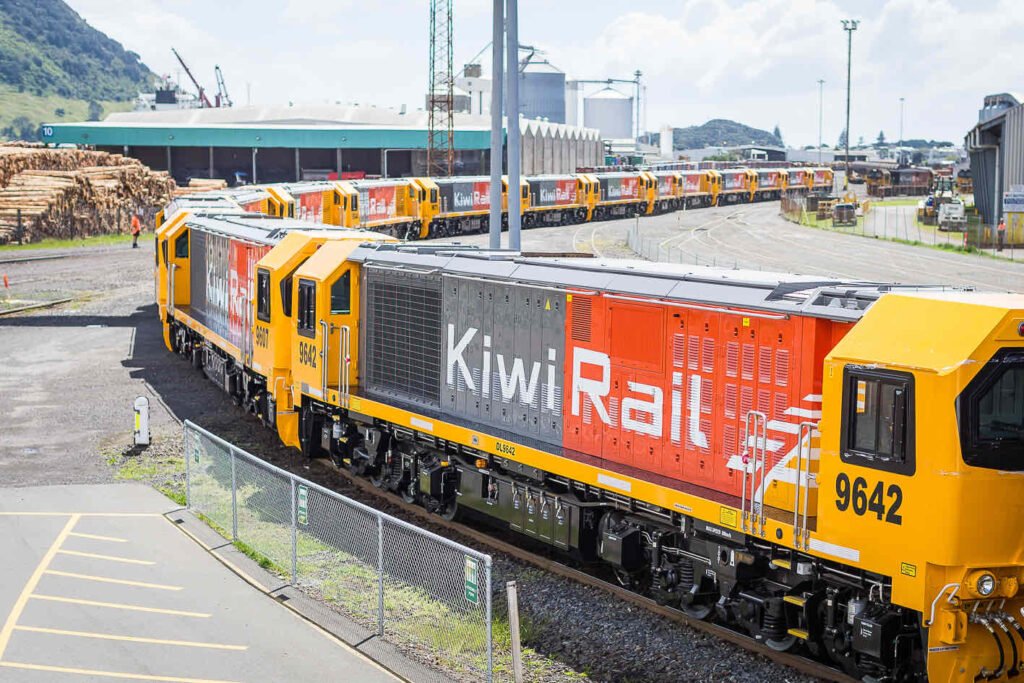Boeing Announces Second-Quarter Deliveries
The Boeing Company [NYSE: BA] announced today major program deliveries across its commercial and defense operations for the second quarter of 2020. "Our commercial airplane deliveries in the second quarter reflect the significant impacts of…

